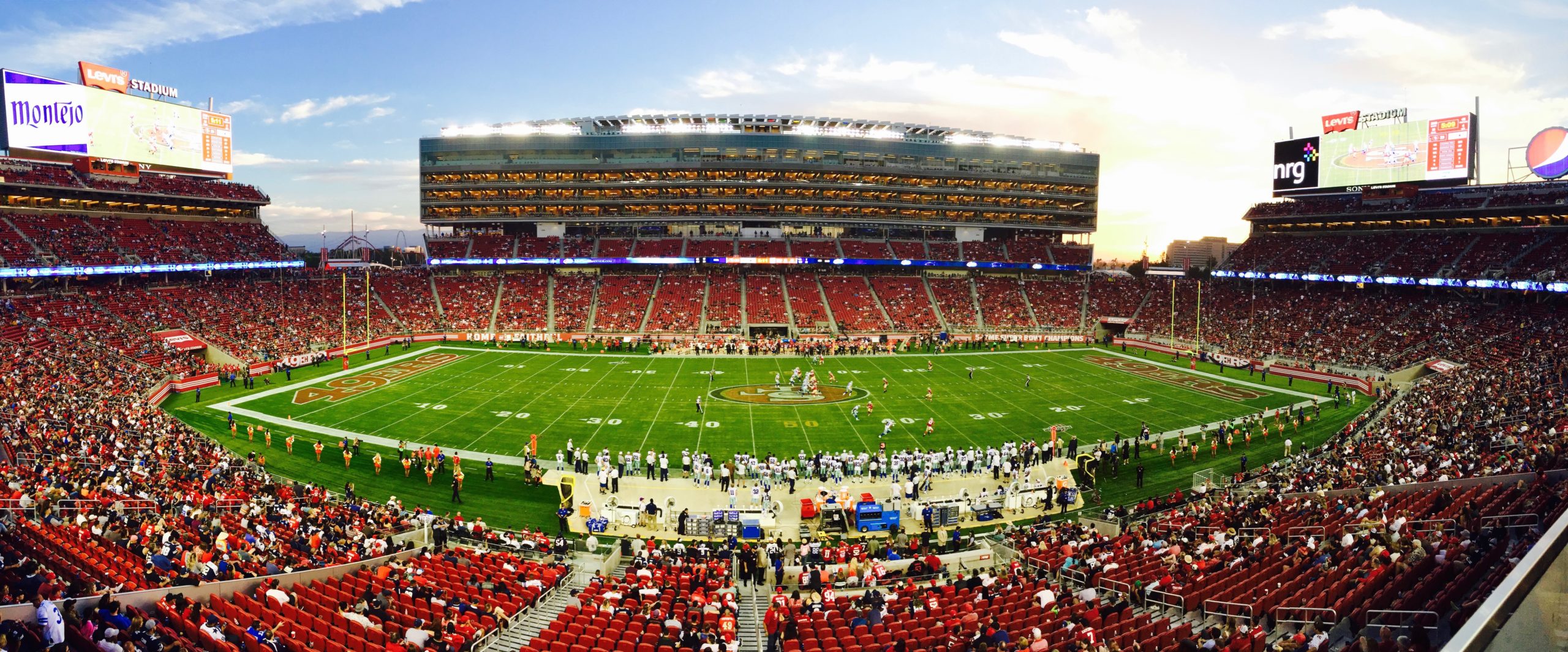I get it. From the ubiquity and lucrativeness of fantasy football and sports betting, to millions of fans spending their Sunday afternoons glued to game streams, the NFL’s domination of sports media and sports fans’ attention during the season is apparent. Despite these incentives to play a season this year, the NFL should still avoid having one entirely. In a sport epitomized by sacrificing the well-being of players’ bodies to a nonpareil degree, some semblance of a threshold of risk-aversion must eventually be considered — and hosting a season this year would undoubtedly surpass it.
With the NFL’s 32 teams each hosting 53-man rosters, the league’s 1,696-player total is an outlier compared to the number of players in other American professional sports leagues (at each league’s respective highest level). While the MLB’s temporary roster increases to a maximum of 60 total players per team for the league’s shortened season are currently comparable, the MLB’s format of having 40 “active” players — those who can play, get cut, be designated for assignment or traded, and of which 26 game day players partially comprise — and then 20 players training at an off-site facility is unique.
Like the MLB, the NFL would likely have to increase their roster sizes to effectively operate during a season, given the pronounced transmissibility of coronavirus. Yet, despite the MLB’s adjustments attempting to mitigate the pandemic’s effects, less than a month into the season the MLB has already dealt with around 100 total cases of COVID-19 among players, resulting in 29 game postponements. The consequences could be worse for a sport like football — with more physical contact, more players and some of the longest average game runtimes of any other professional American sport, it is simply a matter of when the seasons of marquee players and teams are disrupted.
As the danger of contagion looms, college football conferences are already backpedaling their plans to hold abbreviated seasons this fall. Despite original intentions to field teams, the Pac-12, Big-10, Big Sky and Mountain West Conference have all already postponed their fall sports, hoping to be able to push them back to the spring. While NFL players would not experience the dual-threat of coronavirus exposure that a student-athlete would — that is, from both playing football and living on or near campus — the impracticality of the college football season this year should be taken seriously, especially given they are NCAA-based institutions who are substituting student-athlete “exploitation” for precautionary rulings.
However, money may cloud NFL owners’ judgment, particularly when you consider the total amount — $14.4 billion — accrued by the league’s 32 franchises in 2019. Avaricious or not, owners will likely not fantasize about about having to postpone the season; in fact, players could opt out of playing until Aug. 6, receiving differing stipends — $150,000 versus $350,000 — and ancillary benefits depending on their COVID-19 risk-level categorization. While this financial security protects players disincentivized to participate because of coronavirus, it seems like a disingenuous byproduct of an NFL and NFLPA settlement that followed a wave of Twitter posts querying the NFL for more information about coronavirus safety protocols. Obviously, over $14 billion in revenue is nearly impossible to match without actually playing games — yet it would be ignorant to assume that jersey, hat and other forms of memorabilia sales (which, in all likelihood, would continue to occur amid a canceled season) would not amass the NFL only trivial earnings.
If it were possible for the NFL to follow a “bubble” arrangement tantamount to the currently coronavirus-free iteration spearheaded by the NBA, I would be all for the league having a season this year. I love watching football as much as the next person. There are times and places for things, though, and I don’t believe that there will be times or places primed to host NFL games safely and routinely before 2021.
Contact Tom Mueller at mueller26tigers ‘at’ gmail.com.
